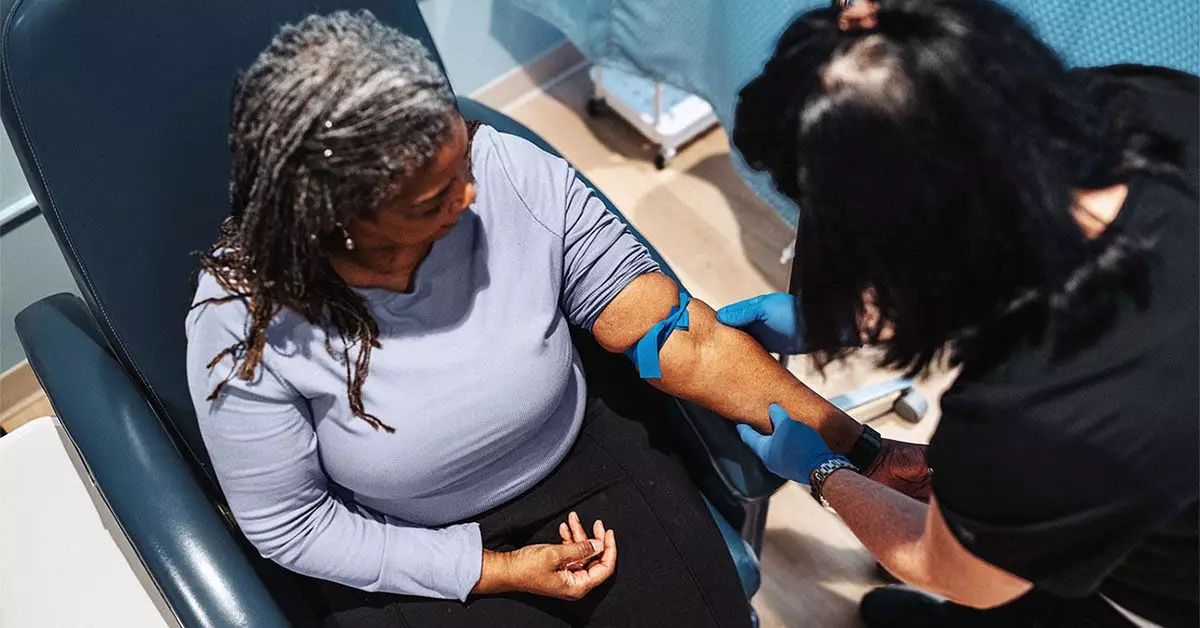Chimeric antigen receptor (CAR) T-cell therapy represents a revolutionary shift in the landscape of cancer treatment, particularly within the domain of immunotherapy. By re-engineering a patient’s own T-cells to recognize and combat specific cancer cells, this form of therapy holds vast potential. In the context of multiple myeloma (MM), two prominent CAR T-cell therapies—the FDA-approved Idecabtagene vicleucel (Abecma) and Ciltacabtagene autoleucel (Carvykti)—have emerged as game-changers. These therapies zero in on B-cell maturation antigen (BCMA), a protein that is often overexpressed in myeloma cells, demonstrating success especially in patients for whom traditional treatments have faltered.
Success and Limitations of CAR T-cell Therapy
The efficacy of CAR T-cell therapies in combating multiple myeloma is undeniable—many patients experience significant improvements, particularly in aggressive or relapsed forms of the disease. However, a critical examination reveals that these promising treatments do not guarantee success for everyone. The sobering statistic that most failures occur within just six months post-treatment underscores a pressing challenge in oncology: the need for comprehensive strategies to support those who do not respond as hoped. This reality calls into question the robustness of follow-up care and the treatment landscape surrounding CAR T-cell therapy.
Unwritten Guidelines for Treatment Failures
One of the most perplexing aspects of the current treatment paradigm is the lack of standardized protocols when CAR T-cell therapy proves ineffective. Instead of a clear-cut pathway, patients must navigate a complex maze of alternative treatment options, each tailored to the individual’s unique circumstances. The variability can exacerbate anxiety for many patients already struggling with the emotional toll of their diagnosis. With many opting for second rounds of CAR T-cell treatment or other therapies such as chemotherapy with lenalidomide or bispecific antibodies, the decision-making process can feel daunting.
The Human Element of Treatment: Emotional and Psychological Support
The psychosocial ramifications of treatment failure are profound. Being informed that a promising therapy is ineffective can instigate feelings of despair and helplessness. Thus, the importance of emotional and psychological support cannot be understated. Encouragement from loved ones, participation in support groups, and access to mental health professionals play critical roles in moderating the burden placed upon patients. These resources provide essential coping strategies and foster resilience in those facing multifaceted challenges posed by multiple myeloma and its treatment pathways.
Looking Ahead: The Future of CAR T-cell Therapy
As research millstones advance our understanding of CAR T-cell therapy, there lies hope for a more refined and personalized approach tailored to the idiosyncrasies of individual patient profiles. Continued innovation may include improved targeting techniques or combination therapies that leverage the strengths of various treatment modalities. The medical community must remain steadfast in its pursuit of solutions aimed at minimizing relapses and enhancing the overall treatment experience for myeloma patients. Ultimately, harnessing the potential of CAR T-cell therapies while addressing their limitations could define the next era of cancer care.

